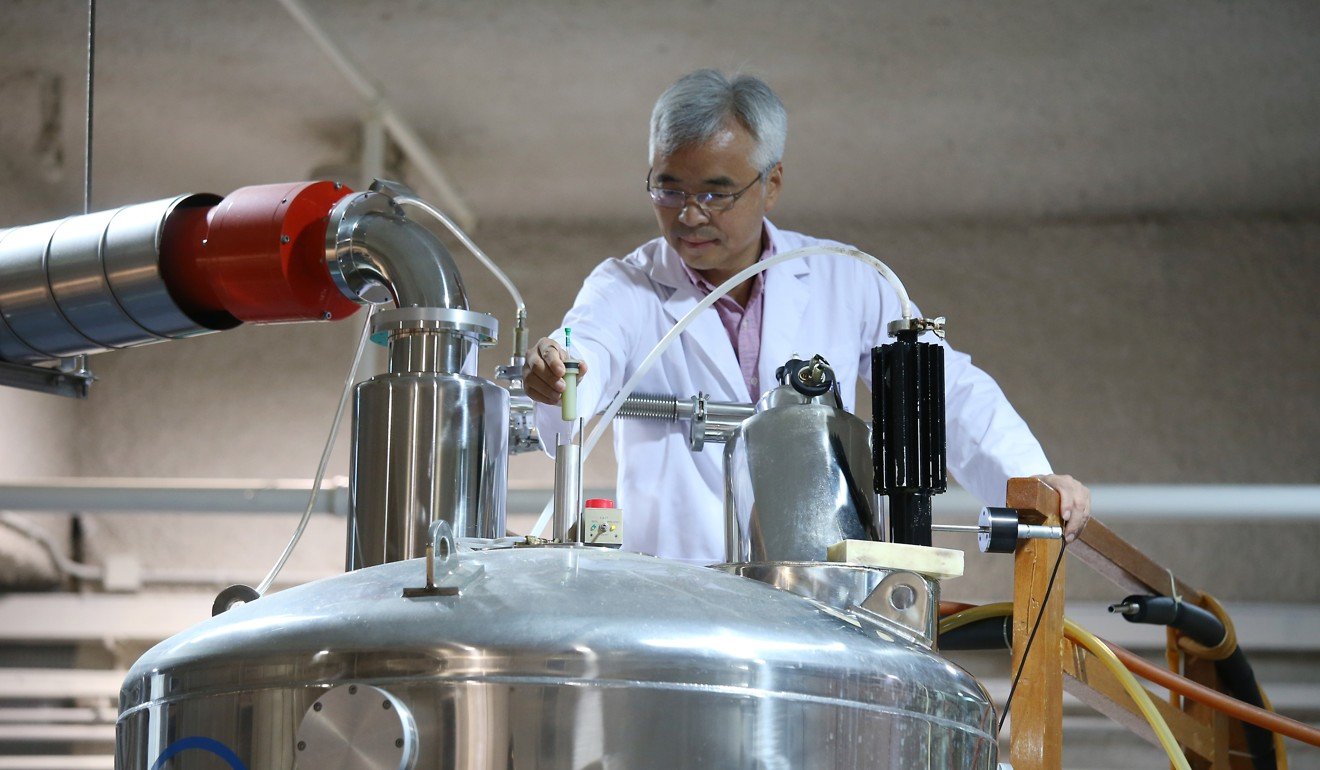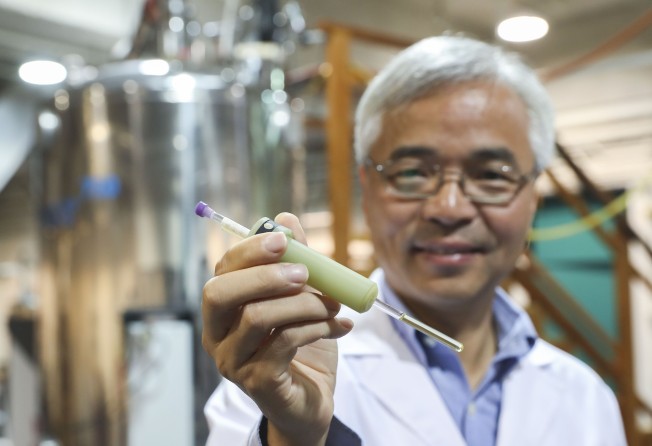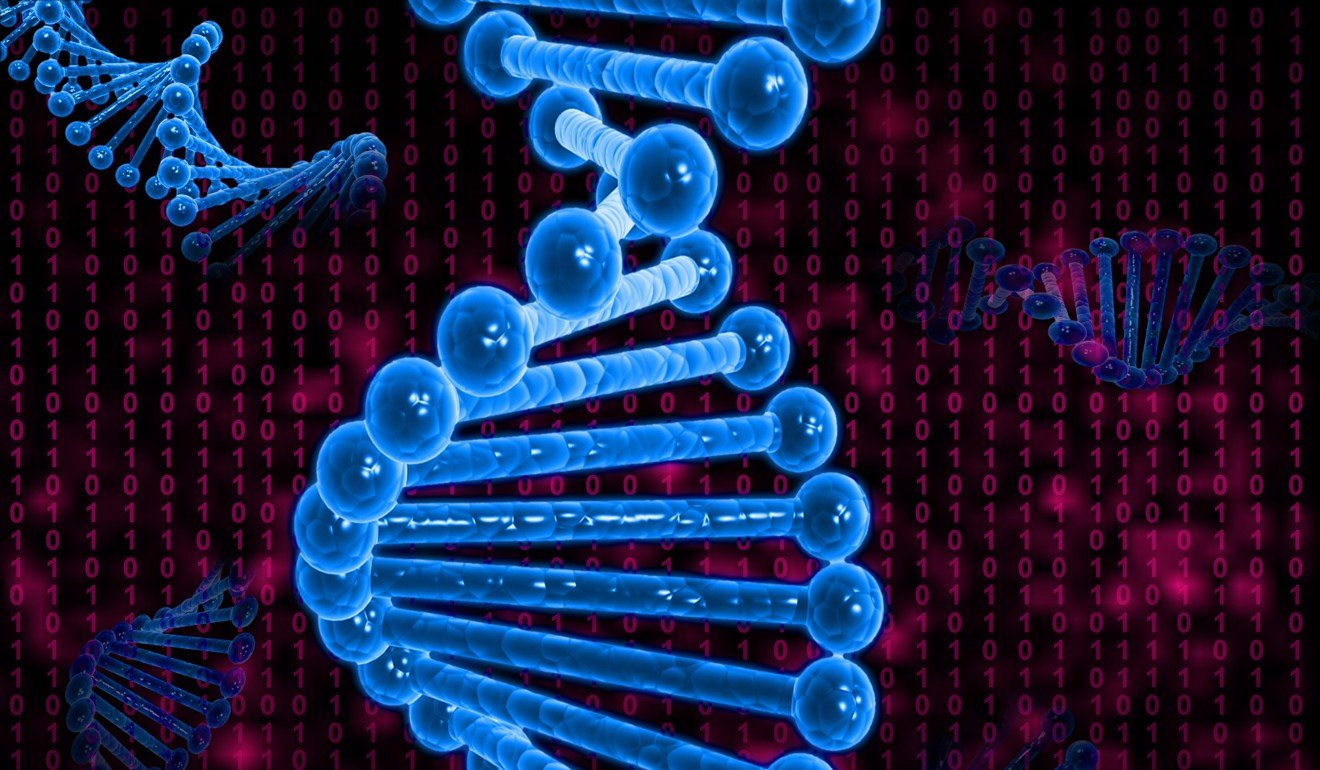
Hong Kong researchers discover crucial piece to mental illness puzzle
A team at Hong Kong University of Science and Technology finds a gene mutation that could eventually lead to a cure for serious mental disorders

Scientists at Hong Kong University of Science and Technology have identified a gene mutation that leads to mental disorders in a breakthrough discovery that could help find a cure for diseases such as schizophrenia, the university announced on Tuesday.
The findings, published in the journal Neuron, identified the mechanism of the mutation that affects human brains and causes major psychiatric conditions such as bipolar disorder, depression and autism.
While the cause behind the mutation remained unknown, researchers believed the condition could be inherited and later triggered by stress or other environmental factors.
“Currently, the understanding of the reason behind mental disorders is very limited,” professor Zhang Mingjie, a neuroscientist and structural biologist at the university, said.

“These little steps we, and many other scientists, are now taking are fundamental to laying the foundation for future medical applications that will help save millions of lives.”
In Hong Kong, about 70,000 to 200,000 people are believed to suffer from severe mental illness. Of those, 40,000 were diagnosed with schizophrenia, according to Hospital Authority’s data.
Zhang, whose team spent eight years researching mental disorders, said a new mechanism has been identified in a gene called DISC1, which is known to have links to psychiatric conditions.
By studying brain models genetically engineered from cells taken from schizophrenia patients, the team learnt that a mutation in the DISC1 gene would affect its interactions with a protein called Ndel1. This interaction led to a disruption in the central nervous system and caused mental disorders.
Zhang explained that the gene condition could be inherited and hidden for many years until the disruption was triggered by stress or other reasons such as contaminations in food and air.

It was also possible that the mutation formed for reasons that were unknown and required further research.
“The understanding of complex psychiatric disorders may help the development of new treatments and drugs,” Dr Ye Fei, research assistant on the paper, said.
Zhang recently received a US$720,000 (HK$5.6 million) grant by the prestigious US-based Simons Foundation for a three-year project that aims to study gene-protein interactions that are closely related to autism.
Last week, he also received the Croucher Senior Research Fellow Award for 2018-19.